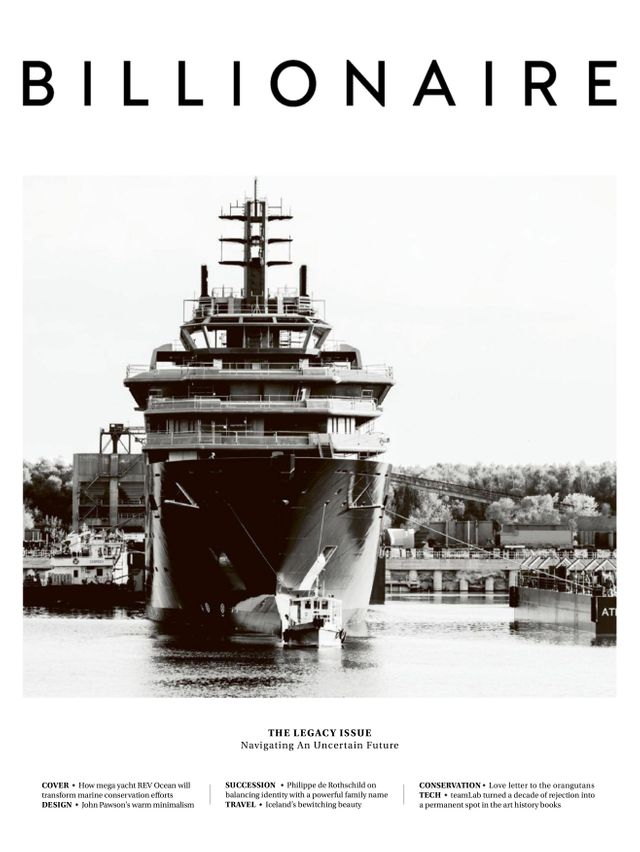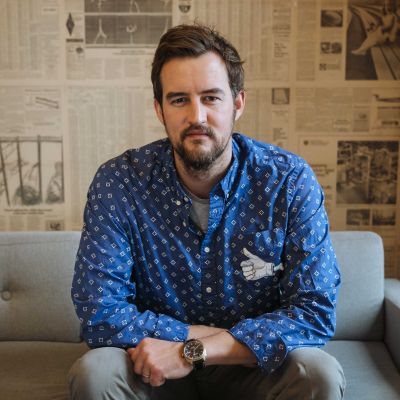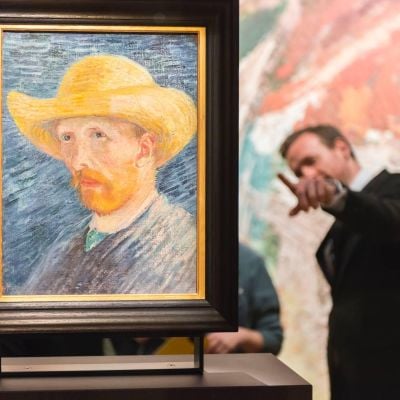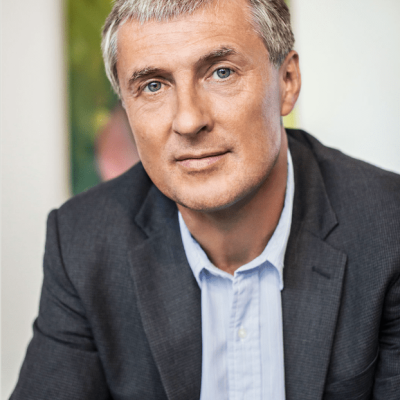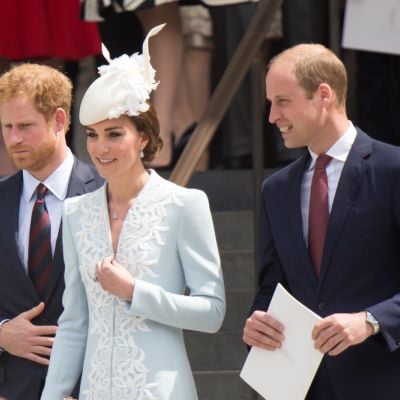The Space Race In The Age of Corona
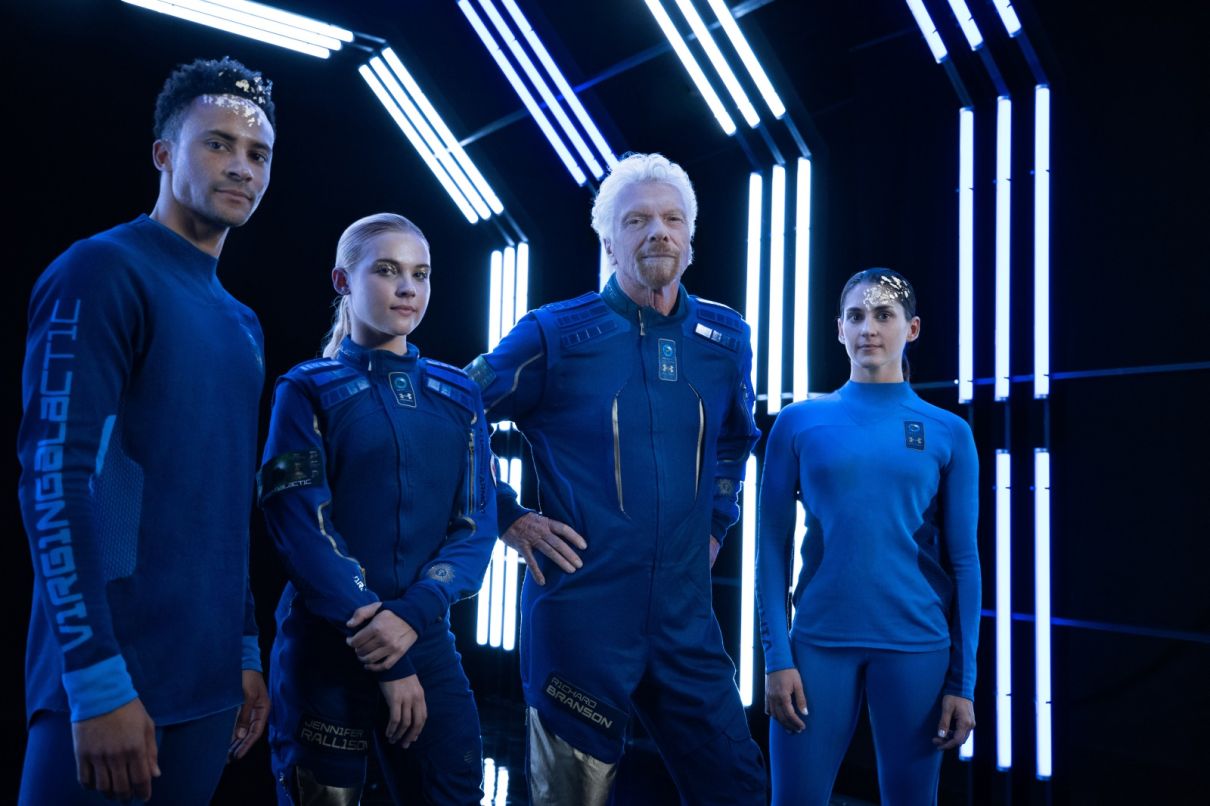
As Richard Branson moves to shore up his travel business, COVID-19 looks set to cause disruption in the space flight industry, too.
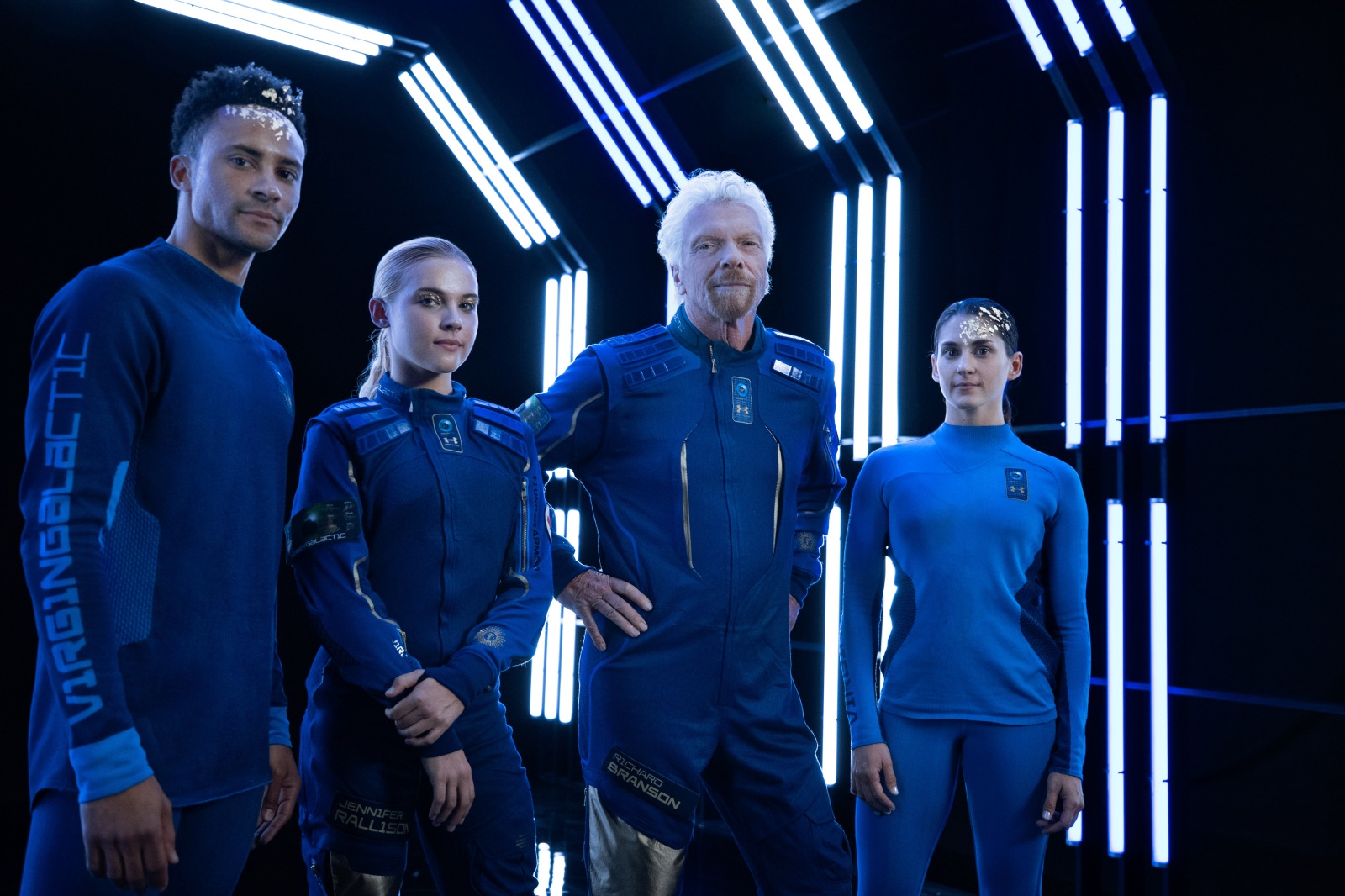
Sir Richard Branson wrote an open letter today drawing up plans to use his private Necker Island in the Caribbean as collateral to get a loan from the British government, to the tune of some £500 million, to shore up his stricken Virgin Atlantic airline.
Like many industries it has been crippled by corona-induced travel restrictions, said Branson. It comes as Virgin Group's Australian airline, in which he owns a minority 10 percent stake, enters administration.
The billionaire businessman with an estimated US$3.8 billion net worth, sparked criticism after recently asking staff to take unpaid leave. But as he pointed out in his letter, despite being a billionaire it does not mean he has "cash in a bank account ready to withdraw".
The news, however, raised questions about Virgin's plans for space travel. Branson's Virgin Galactic had targeted this year for launching the first commercial suborbital space flight in history, which now seems increasingly unlikely. The space tourism pioneer is charging US$250,000 for the experience on a spaceship for two pilots and six passengers. It not yet said confirmed whether its flight will be grounded, but in a late February earnings call, George Whiteside, CEO, emphasised that this year would be dedicated to getting "the vehicles prepared", and did not mention an actual flight.
HOUSTON, WE HAVE A PROBLEM
As of only a few months ago, a handful of civilians had hoped to be able to journey into space this year, as private enterprises raced to access the next frontier. But at a time when the coronavirus is scuppering demand for travel of any sort, that will certainly be extended to space travel in general.
Although many aerospace companies are "critical infrastructure businesses", meaning that they can still keep their offices open, space exploration programs generally have taken a hit. NASA last month announced a hiatus of its big space telescope that was supposed to launch next year, as it instructed most employees to work from home. It will also delay parts of the Artemis III mission, US President Donald Trump's mission to return astronauts to Mars by 2024. Meanwhile a Mars Rover that was supposed to launch in July has been postponed. European and Russian space agencies said that they couldn't do enough testing before the launch, and will push it back to 2022.
Other billionaire-owned companies are feeling the affects of Corona. Jeff Bezos' space venture Blue Origin confirmed it would delay the launch of its New Shephard rocket after coming under controversy for targeting a launch date in April. It had been ‘on track’ to fly up to six passengers on sub-orbital flights this year but has not set a postponed date, while it "minimises' the number of people" needed to travel to its facility in Texas, according to a statement from Blue Origin chief, Bob Smith.
WALK THE SPACE WALK
But despite Corona certain thrill-seeking space tourists may still want to pay their fare.
Elon Musk's Space-X is still pushing ahead with various missions to the ISS, although it has had a few delays including the launch of a Falcon 9 rocket which is now on indefinite hold. It has not mentioned any changes to its mission to transport cargo and crew to Mars by 2024 to study the possibility of creating a Mars base that will, according to the SpaceX website, be the basis for ‘a thriving city and eventually a self-sustaining civilization’.
And SpaceX has already secured its first private passenger – 44-year-old Japanese billionaire Yusaku Maezawa, who plans to join the mission to orbit the moon on board Starship in 2023. As part of a week-long mission, this rendezvous will manoeuvre a ‘Moon Loop’ around the far side of the Moon. It is also the fashion mogul’s wish for eight artists, including painters, musicians, film directors, to join him on this trip, and then create art inspired by the trip. He could not be reached for comment.
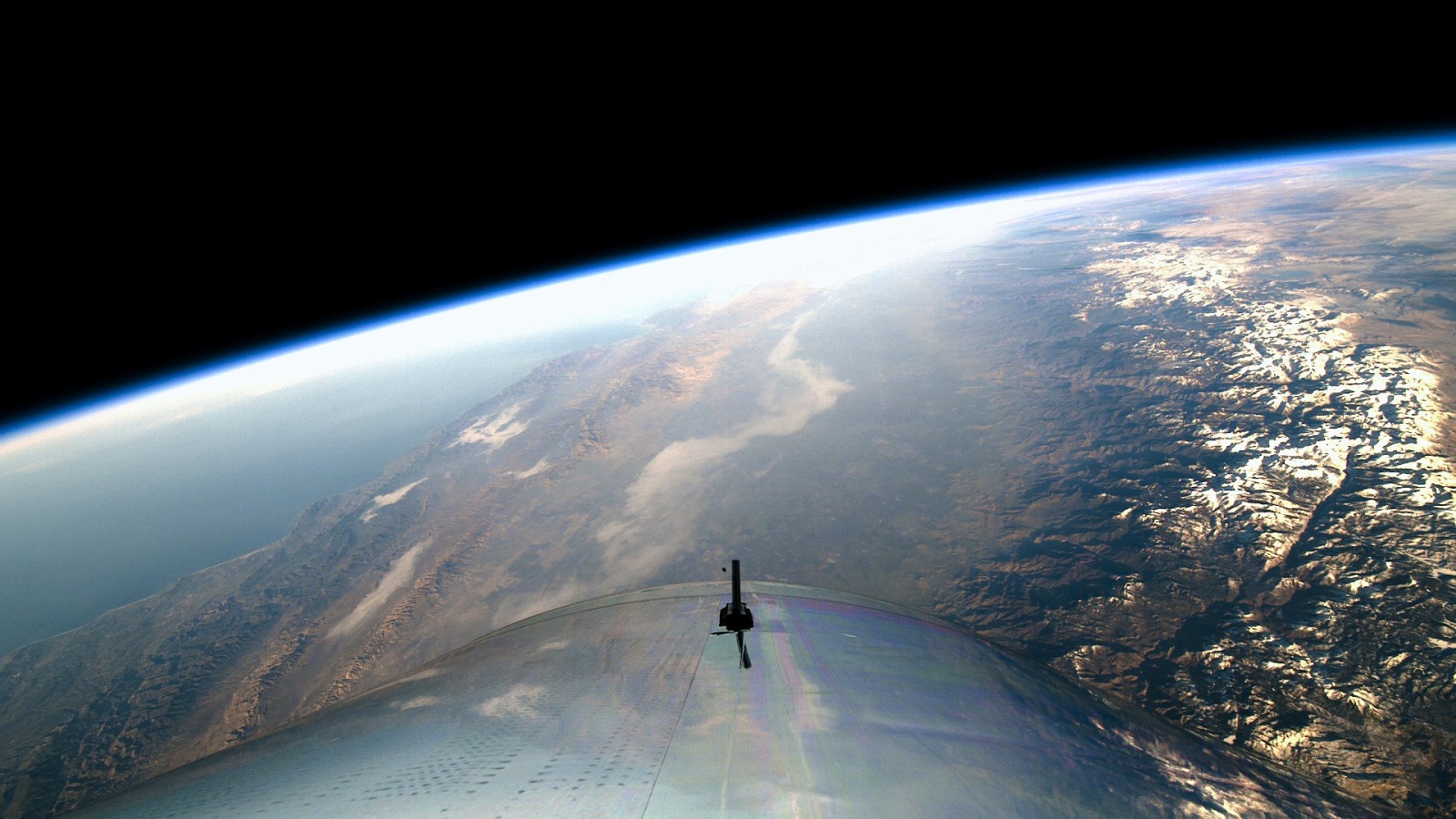
FLY ME TO THE MOON
And even with delays, there is nothing to stop would-be astronauts from dreaming. There’s no denying that space travel will become part of our future, when the dust from coronavirus settles. Luxury space hotels are already in the pipeline and certain planets could become mining communities in the long term.
Chris Hadfield, retired astronaut and the first Canadian to walk in space, has taken part in two Space Shuttle missions and served as commander of the International Space Station. He describes the experience on a sub-orbital flight: “A ride in a sub-orbital rocket is going to be dramatically different than a ride established in orbit. You’ll be lying down as you lift off, so the blood won’t drain from your head. You’ll feel as though three people are lying down on top of you. That’s what g-force is: multiples of your own weight. The carrier plane ride takes the better part of an hour, then the spacecraft’s rocket fires and shoots straight up, and you’ll feel weightless for four to six minutes. As the rocket slows down, you’ll start feeling the effects of gravity again, and deceleration will squish your back for another few minutes. If you’re in a Virgin Galactic capsule, you’ll feel like being in a glider as you come back to Earth. On Blue Origin, your capsule will land with a parachute.
“The three main things you’ll experience are: riding a rocket into space; being weightless more than 20 seconds at a time; and the view from the window. You are way above the atmosphere; the sky is perfectly black and you’re high enough to see the curvature of the Earth.”
An orbital spaceflight takes the experience to another level. This is where the magic happens. From Hadfield’s experience: “You see an entire continent in the time it takes to drink a cup of coffee. You go from Los Angeles to New York in nine minutes, see a sunrise or sunset every 45 minutes. You see climate, geology, geography. You get a sense of wonder, privilege and clarity of the world.”
A version of this article originally appeared in Billionaire's Legacy Issue, March 2020. To subscribe contact

